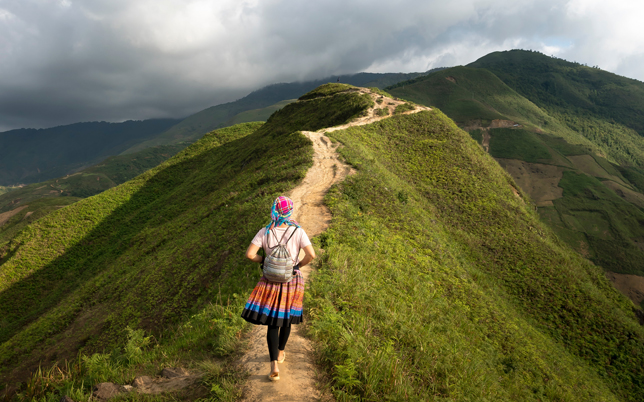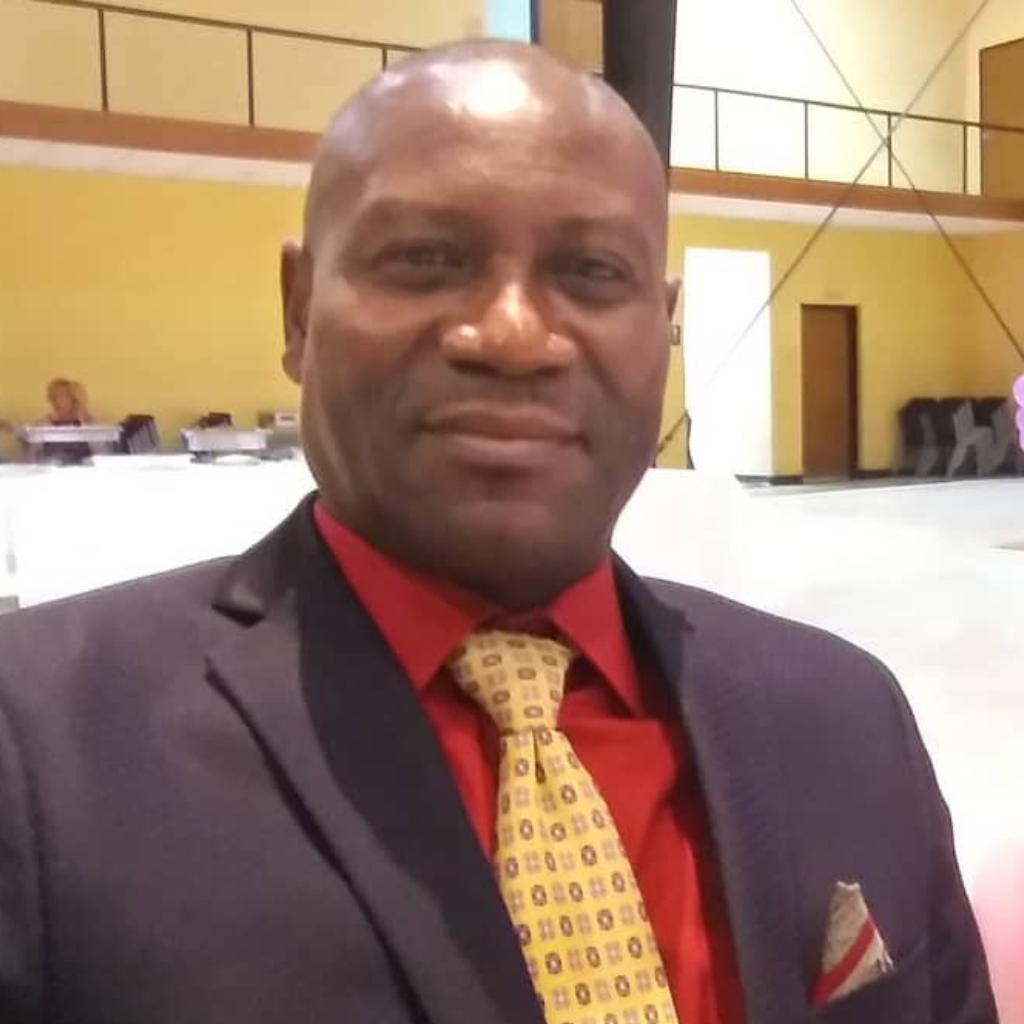
Projects

Education
Education is a process of acquiring knowledge, skills, values, and attitudes that enables individuals to develop their full potential and contribute to society. It plays a critical role in shaping personal and professional development, social mobility, and economic growth. Education provides individuals with the tools and knowledge to understand the world, think critically, and make informed decisions. In addition, education benefits society by producing a skilled and knowledgeable workforce, fostering innovation and creativity, and promoting social cohesion. It is also a powerful tool in addressing global challenges such as poverty, inequality, and environmental degradation. By investing in education, individuals and societies can create a better future for themselves and future generations.
Tourism
Tourism is a significant industry that contributes to the social, cultural, and economic development of societies worldwide. It involves the travel of people for recreational, educational, or business purposes and encompasses a wide range of activities, including sightseeing, cultural exploration, and adventure tourism. Tourism provides numerous benefits to societies, including job creation, income generation, and cultural exchange. It also supports the preservation and promotion of cultural heritage, natural resources, and local traditions, contributing to the development of sustainable tourism practices. However, tourism also poses challenges, including environmental degradation, social and cultural impacts, and economic inequality. As such, it is crucial to manage tourism in a responsible and sustainable manner that balances the needs of visitors, local communities, and the environment. A well-managed tourism industry can contribute to the development of a diverse, resilient, and thriving society.

Agriculture
Agriculture is the practice of cultivating land, raising animals, and producing food, fiber, and other products used to sustain human life. It is an essential aspect of human civilization and has been practiced for thousands of years. Agriculture plays a crucial role in feeding the world's population, providing raw materials for various industries, and supporting the livelihoods of millions of people around the world. Agriculture involves a wide range of activities, including planting, harvesting, breeding, and processing crops, as well as raising livestock and managing natural resources. The practice of agriculture has evolved over time, with new technologies and practices enabling farmers to increase yields and improve efficiency. However, agriculture also poses significant challenges, including environmental degradation, food insecurity, and the exploitation of labor. As such, it is important to pursue sustainable and equitable agricultural practices that balance the needs of people, the planet, and profitability.
Ecology/ Environment
Ecology and environment are two interconnected concepts that are critical for understanding the natural world and human society's impact on it. Ecology is the study of the interactions between living organisms and their environment, including the relationships between species, ecosystems, and the physical world. The environment refers to the complex system of natural and human-made elements that surround us, including air, water, soil, flora, and fauna. The study of ecology and the environment is crucial for understanding the complex relationships between humans and the natural world. Human activities have significant impacts on the environment, including deforestation, pollution, climate change, and biodiversity loss. These impacts have far-reaching consequences for human health, food security, and social and economic development. As such, it is essential to adopt sustainable and equitable practices that balance the needs of people, the planet, and biodiversity. A healthy and thriving environment is crucial for ensuring the long-term sustainability and resilience of societies worldwide.
Explore Haiti
” Haiti is a beautiful, lush country, full of vibrant energy and vivid color, with a culture as rich and diverse as its landscape.” – Edwidge Danticat.
Organisation Board Members

Franchile Pierre
President

Roseline Fenelus
Treasury

Severe Durosier
Economist

Dr. Marie Carline
Health Commission

Saico Jean Michel
Agriculture